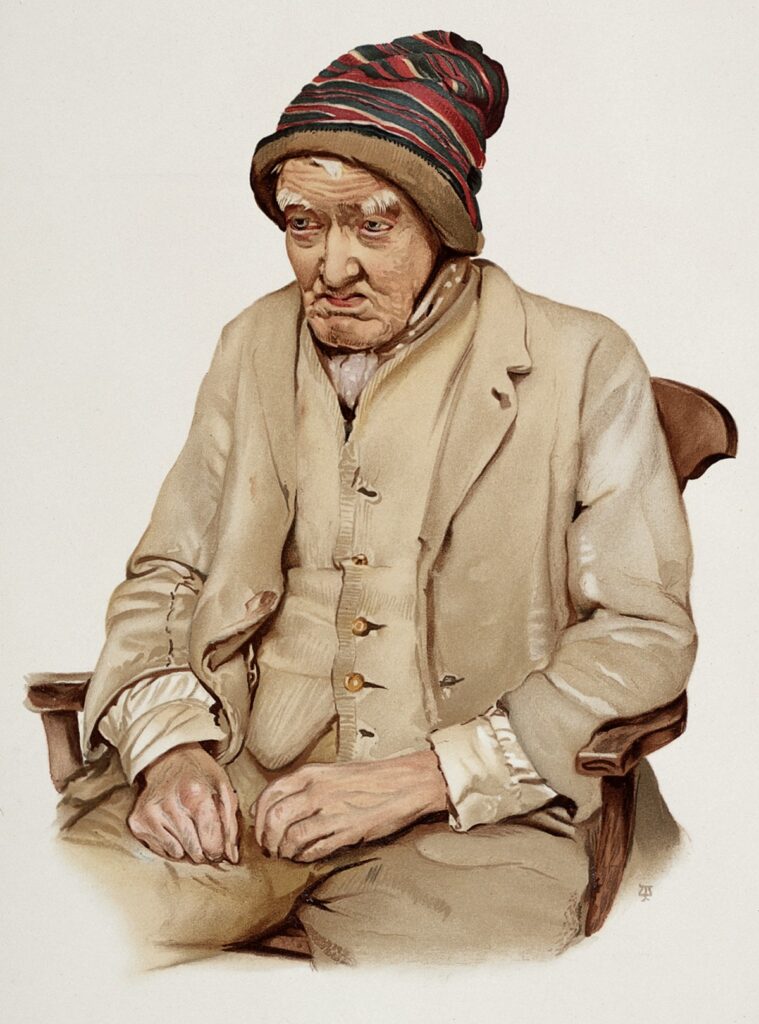Dementia is a devastating condition that affects millions of people worldwide, causing cognitive impairment, behavioral changes, and loss of independence. It is often associated with aging, but it can also affect younger people due to genetic or environmental factors.
But how common was dementia in ancient times? Did ancient Greeks and Romans have memory loss and confusion as we do now? Or is dementia a modern malady, largely influenced by our lifestyles and environments?
A new study by researchers from the University of Cambridge and the University of Edinburgh suggests that dementia was extremely rare in ancient Greece and Rome, based on an analysis of classical texts and medical literature. The research, which was published in the journal Neurology, represents the inaugural comprehensive examination of the historical evidence pertaining to dementia, covering a period of more than 1,000 years from the 8th century BC to the 7th century AD.
The researchers discovered very little mention of memory loss, cognitive decline, and behavioral changes in ancient sources. Out of over 700 sources, only 10 contained possible cases of dementia, and most of them were ambiguous or doubtful. They also noted that ancient medical writers had a sophisticated understanding of the brain and its functions, but did not have a specific term or concept for dementia.
The researchers have reached the conclusion that dementia was a rare occurrence in ancient Greece and Rome. It was suggested that the limited number of reported cases may be considered exceptional or exaggerated. This occurrence could potentially be attributed to a range of factors, such as lower life expectancy, distinct diagnostic criteria, and differing cultural perspectives on aging and memory.
However, it’s also suggested that modern lifestyles and environments may contribute to the increased prevalence of dementia today. Researchers have pointed out that some of the risk factors for dementia, like obesity, diabetes, hypertension, smoking, and pollution, were less common or absent in ancient times. They also proposed that the ancient Greeks and Romans may have had more protective factors, such as physical activity, social engagement, intellectual stimulation, and a Mediterranean diet rich in fish, olive oil, and wine.
Researchers stressed that their study does not suggest that dementia is unavoidable or untreatable, but rather that it may be affected by changeable factors that we can modify or prevent. They urged for further research on the historical and cross-cultural differences in dementia, and the possible effect of lifestyle and environmental measures on lowering the risk of dementia.

“Dementia is not a natural or inevitable consequence of aging,” said Dr. Jules Montague, a neurologist at the University of Edinburgh and the lead author of the study. “We hope that our study will inspire further research into the causes and prevention of this devastating condition, and also raise awareness of the importance of preserving and enhancing cognitive health throughout life.”
Related posts:
Dementia’s Rarity in Greek and Roman Times – Neuroscience News
Did dementia exist in ancient Greek and Rome? | ScienceDaily
Ancient Greeks Seldom Hit by Dementia, Suggesting It’s a Modern Malady





